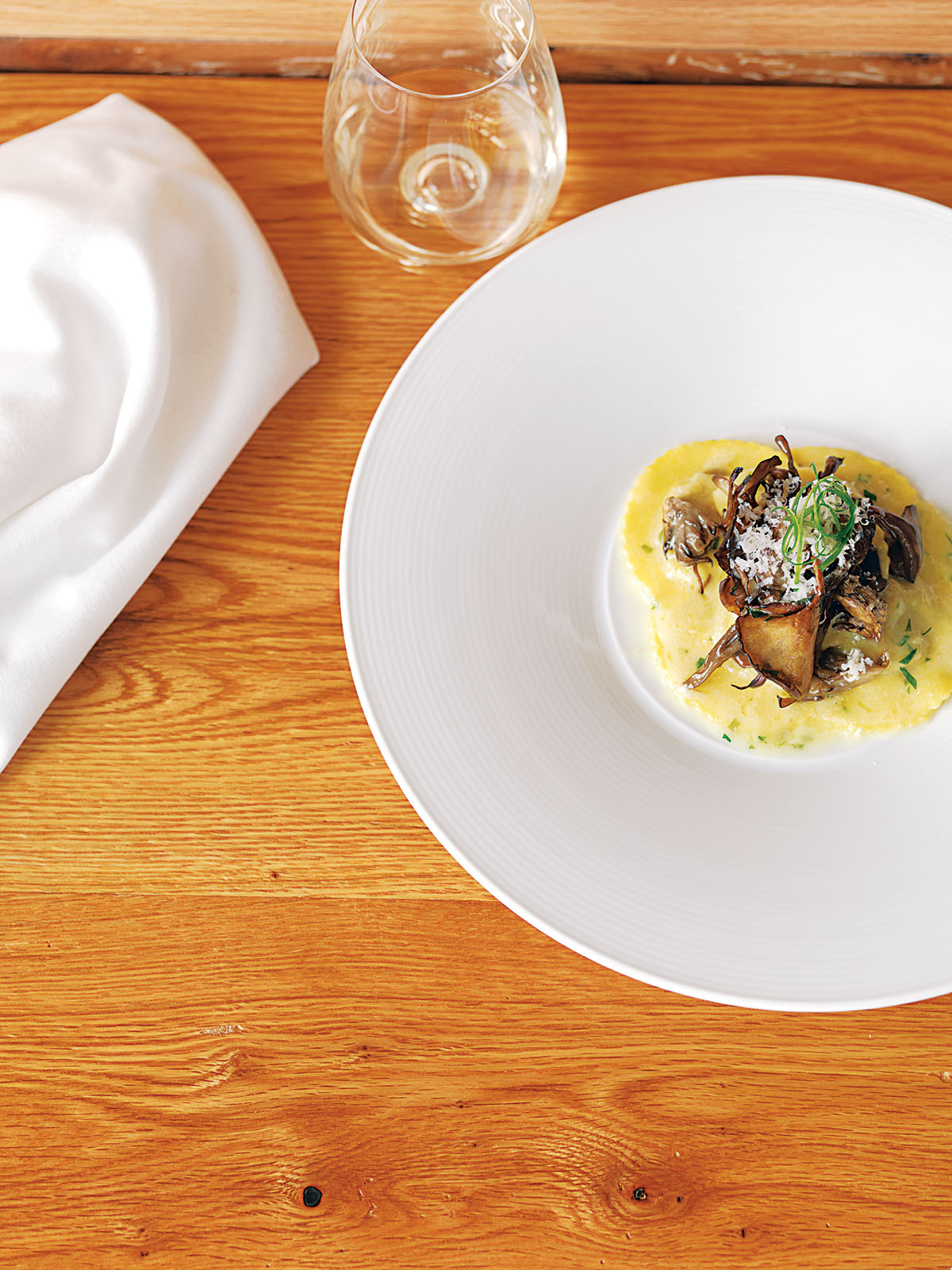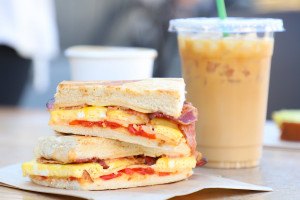Dining Out: Catalyst

Photo by Michael Piazza
Cambridge may be Boston’s new restaurant hub. The long swath between Central and Kendall squares is now a thriving and wholly invented business district, and the young, tech-savvy, and academic crowds working in the new office and apartment buildings are prime targets for restaurateurs. Chef Peter McCarthy led the way with his relocated Evoo, and Michael Leviton created another airy, spare, modern space with Area Four, an all-day coffee shop, bar, and restaurant. But none of the great places that have opened there in the past few years has been like Catalyst: a restaurant that tries to bridge high-tech and artisan, casual and grand, high-gloss and rustic.
Chef-owner William Kovel seems to want to create a new kind of brasserie, one that mixes the luxury and service of Boston restaurants like Mistral and Aujourd’hui — where Kovel was chef before the Four Seasons decided to close it — with the flat-surfaced, steel-and-glass look of Evoo and Area Four. It’s huge, with two high-ceilinged dining areas and a lounge space that features a virtual-looking blue flame burning behind glass. The exposed, white-tiled kitchen and open ceiling with visible ductwork may be stark and industrial, but the midcentury-style upholstered wood chairs and Sputnik-era chandeliers add warmth.
The food, though, is as uneven as it is ambitious. Some dishes take the current vogue for barely altered local produce to a more imaginative realm, and show excellent technique. But others range from the dull to the poorly made, with undeveloped flavors or underwhelming textures.
Appetizers are very promising. “Crispy” quail ($15) is an unobvious but very good take on the Chinese dish of flash-fried quail. It’s served with black Mission fig and homemade autumn olive jam, over an acidic gastrique (vinegar-sugar sauce). That the quail is fried doesn’t register — there’s no batter, the meaty breast is moist and richly flavored, and it’s gone before you can think about it. Seared spice-crusted hiramasa ($11), thin slices of a nicely oily farmed Pacific fish typically used in sushi, was both delicate and substantial, with a nearly candied orange-yuzu syrup.
Kovel’s salads are the other most impressive starters: His combination of arugula, endive, and Asian pear with walnuts, crumbled Berkshire blue cheese, and mustard vinaigrette ($9) brought new life to a now-clichéd salad (shown above), thanks to a lightly acidic dressing and brightly flavored vegetables. A seasonal salad of chopped, gently pickled vegetables similar to an Italian giardiniera ($9) was a fine antipasto, garnished with shards of deep-fried shallots that reminded me of canned Durkee onions, only fresher and better.

Photo by Michael Piazza
Kovel shows his skill in two of three house-made pastas. The ravioli stuffed with hen-of-the-woods mushrooms ($10 for a half portion, $19 for a full; shown below) were delicate but sturdy, with a wonderful French-style filling of mushroom-onion-shallot duxelles flavored with Madeira. The Madeira accentuated the mushrooms’ woodsy depth, just as a few tricks intensified the taste of Georgia “candy roaster” squash tortellini with braised escarole ($10 for a half portion, $19 for a full). Kovel drains the roasted, puréed squash overnight to concentrate its flavor; adds honey and ricotta; and enriches the sauce with crème fraîche. The two dishes are rare successful examples of French-style pastas — which are usually undercooked, buttery disasters.
Unfortunately, garganelli with bacon and black-truffle butter ($10, half portion only), a signature dish, was an undercooked, buttery, underflavored disaster, with cardboardy tubes of ridged pasta. The only nice things on the plate were three prime nuggets of roast chicken, a cut from the back of the bird called the oyster.


